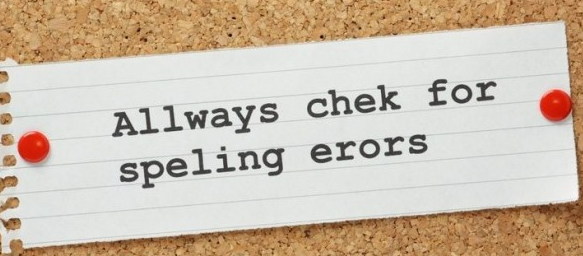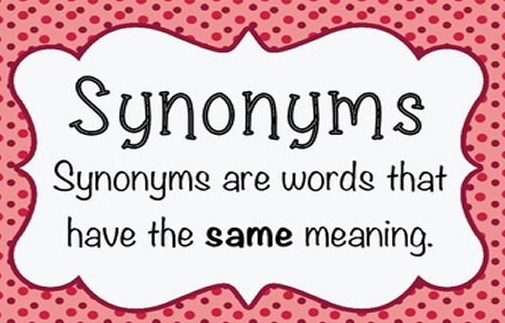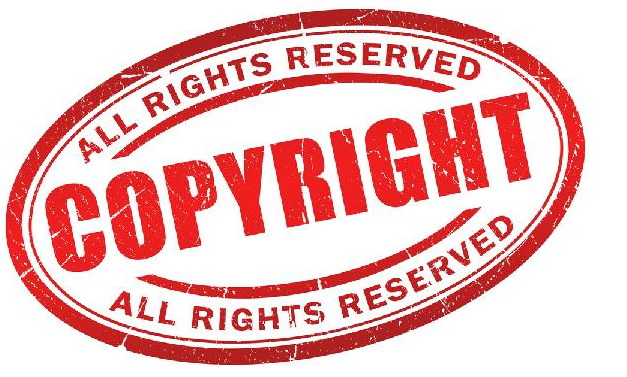When the Internet was just a toddler and the most of the world population was unaware of its presence, domain registration used to be free in those days. As most of us may know that the internet, in its starting days, was just an interconnected network of army computers or university computers. In the early 1990s, just a handful of people, most of them directly connected to computer in one way or another were internet users and they could register their domain of choice like we today register an email id for free. No domain registration fee, no renewal charge.
As the time wore on and the Internet started to take hold, Internet users grew rapidly and soon its users were increasing by leaps and bounds. At the same time time the commercialization of the Internet was also in the process. Later on, the need for a Domain Name system was felt and thus a centralized system, the Internet Corporation for Assigned Names and Numbers (ICANN) was founded for managing the rapidly growing domain database. it made acquiring a domain name a regulated but paid process. Still, if a company wants to deal in selling domains, it needs to be certified and affiliated with ICANN. In other words It’s ICANN that permits any company or body to be domain registrar.

The first domain name, symbolics.com was registered in 1985. By the end of 1992, the total number of registered domains had become around 15000. If we talk about the current scenario, there were around 294 million domains registered at the close of 2015.
Your domain name is not just a curt jumble of words but the first reflection which your website is going to make on the would-be visitors. It’s very important to choose a good domain name. So how can you register a good domain name and what purpose does a good domain name may serve? If you are going to run a website which is either a professional blogging website or some business website, it’s not just a matter of aesthetics. It is highly advisable and recommendable that your website’s domain name should live up to certain standards and clearly just getting a domain name of your choice is not sufficient. At the same time you should wary of certain factors. What are those, let’s find out.
1.Discover whether or not the domain name is registered in the past

First of all and let me say one of the most important factors about registering a domain is that you should be aware that the domain name you are planning on registering is a fresh one or it has been used in the past by someone else and later he abandoned that domain. Because it is very certainly possible that once a domain name was registered by someone, then he let it expire and this domain name again became available for sale.
To check whether or not a domain has ever been in use in the past, you can use the following wonderful website:
With this amazing website you can peep into the past of a domain name. Not only this, If the domain was functional at any point in time, you can get a glimpse of functional version of the domain and can be sure about the quality of the content, that was on the website before the website became disused: Most importantly, did the website have bad or low quality content, which made Google to penalize the domain? It is not good to re-use a domain that had bad SEO history.
2.Don’t register a domain resembling a popular and well-reputed domain

Let’s take Microsoft.com for example. It is one of the top domain in the industry. You like Microsoft, so you have a mind to register a domain softmicro.com. Hold on. It is highly possible that Google wouldn’t give preference to your domain in Google’s serach. In addition, you cannot rule out the possibility of bearing the brunt of Google’s Exact Match Domain (EMD) penalty. So, it is far wiser to try a unique name that doesn’t resemble some big fish.
Now, how do you know how many big fish there are in the pond? In other words, to discover whether the name you selected is unique, just Google it. If any other domain exactly or almost like your domain exists, it will show up on the first page of Google’s search results.
3.Keep it short

A short name is not only easy-to- remember but also SEO friendly. Search engines don’t seem to like large domain names with multiple words in it. Besides, stuffing many keywords into domain names comes under Goggle’s Exact Match Domain (EMD) penalty and Google doesn’t take it well. It is considered out of line to obtain a high search ranking by a keyword-stuffed domain. So it is better to put only one keyword in your domain and try to keep it shorter.
4.Avoid typo

I would say: Fatal.
A typo in your domain name may kill your SEO. Unfortunately I made such a mistake and let me admit one of my worst mistakes in the starting days of my blogging carrier. I registered a domain name devilmustcry.com, that Google considered a typing mistake of the popular game title DevilMayCry. I was not spared and Google harshly penalized my website. In addition, your domain name should not contain any spelling mistakes.
5.How to grab the best fit name for your business? Try synonyms.

Want to circumvent the exact-match-domain problem, still want to get a best fit name? Sadly but truly, all popular keywords have already been taken and only on the off chance, you can find such a keyword that appropriately describes your business or blog niche yet at the same time doesn’t resemble a famous website name. For instance, you want to register a name – hostingguide.com, it may not be available. So what to do? Okay, time to explore a thesaurus. Try synonyms for “guide”. you can try hostingmentor.com or hostingcounsellor.com. Synonyms are a great way to register unique domains retaining targeted keywords in a domain name.
A good website to find synonyms
6.Avoid ugly, funny-sounding and obscene portmanteaus from keyword combinations

Sometimes we unknowingly come up with a funny and embarrassing domain. Actually we intend to register a domain name that has two or more innocent sounding, neutral words but when these two or more words are typed one by one without any space, they happen to create a third word and sometimes it is embarrassingly funny or ugly. Let’s have a look on this kind of mistakes:
- itscrape.com (registrant intention is it+scrape, but can be read as its+crape)
- whorepresents.com (intention is who+represent, but may give an impression of whore+represents)
7.Don’t use a copyright word in your domain name.

Lots of names are copyrighted and using them by other person in any form is legally prohibited. For instance, if you register a domain that contains the word facebook in it, it may be challenged legally by Facebook and most likely be deleted by the domain registrar.
Personal experience
Here is also my personal experience. Actually it so happened that one of my domain name unwisely contained the word facebook. Facebook sent me a legal notice to get it deleted, but by chance I didn’t get the notice as I didn’t log in to my associated email account for a long time. In absence of my action, Facebook would have contacted the registrar and had the registrar delete my account. Because all of a sudden my website that had the said domain name was gone and with this the whole content. It was phpfacebookscript.com which was aimed at selling a social netowrking PHP script phpFox, used to create Facebook like social networking sites. I was making around $500 per month with that domain. So be careful of using copyright terms in your domain name or don’t use them at all.
8.Should you buy .COM domain or should go for .NET, .ORG etc.?
Honestly, .COM should be the first choice if you can find name of choice available with .COM. But if you are unable to find the name you want to get with .COM, try .NET, .ORG. If you are registering domain for your local business then you should choose country specific names such as .us, .co.uk, .nl, .in etc.
Suggested websites to register domain names
- godaddy.com ($2 dollar .com registration)
- namecheap.com
- 1and1.com ($1 dollar .com registration)


